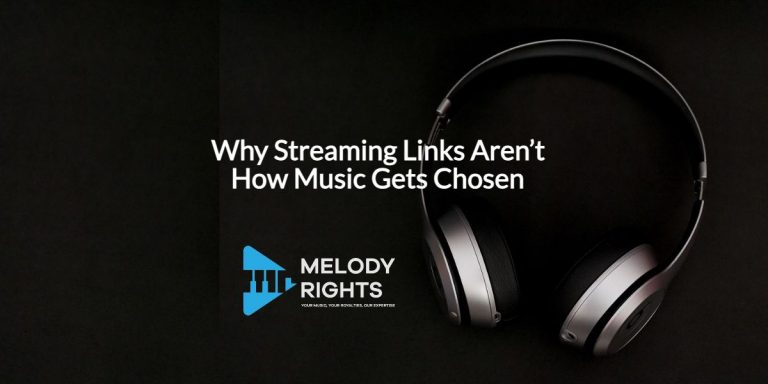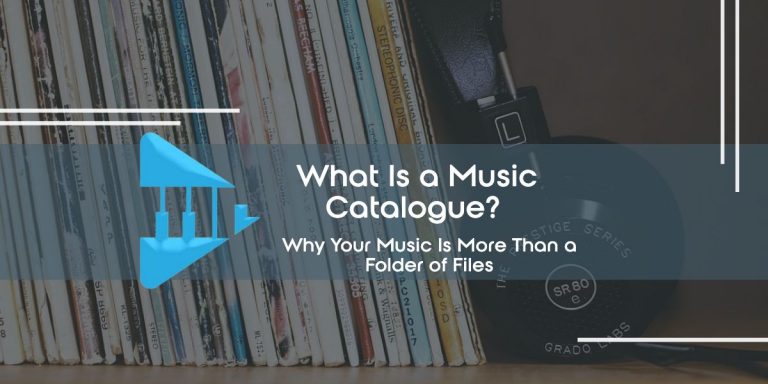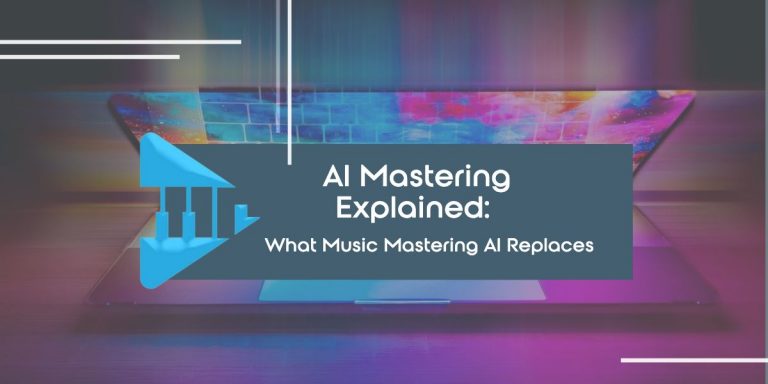Table of Contents
ToggleFrom Struggling Musician to Founder
Before starting Melody Rights, Bobby Cole lived the same struggles he now helps artists solve. He chased placements, missed royalties, and learned the hard way how the system really works.
In this Founder’s Voice interview, Bobby shares why so many independent musicians never see their royalties, the invisible admin steps that matter most, and how artists can finally get paid.
Many independent artists blame low streams for their empty bank accounts. In reality, the bigger problem is unclaimed royalties from missing registrations. Bobby Cole founded Melody Rights to close that gap.
About Bobby as an Artist
Before founding Melody Rights, Bobby Cole lived the independent artist grind himself.
He started out on drums, played in bands, and explored every instrument he could get his hands on.
Like many DIY musicians, he faced the fear of ending up in a call centre or bar job – a fear that pushed him to keep going in music no matter what.
His first royalty check was just £22. It wasn’t much, but it proved that the system could pay if the registrations were in place. That moment set him on the path that eventually led to Melody Rights.
The Problem: Why Artists Miss Out
Q: From the outside it feels like getting a track on Spotify means you’re “covered.” What are the blind spots most artists don’t realise until it’s too late?
Bobby: “So many artists upload their music to Spotify or YouTube and think they’re covered. But if you’re not registered with the MLC, you won’t get anything from Spotify streams.
Same with YouTube – without Content ID, you could have thousands of listeners and never see a penny.”
“Upload to Spotify all you want, but if you’re not registered, you won’t see a penny.”
Data shows how much is at stake. According to CISAC’s 2024 Global Collections Report, global royalty collections for creators rose to €13.1 billion in 2023, an increase of 7.6 percent from the previous year. The growth came from digital income and a strong rebound in live public performance.
For most artists, missing income is not about talent or even streams. It is about admin steps they never knew they had to take.
If you’re not sure what royalties you’re missing, here’s a clear breakdown of the difference between master and publishing royalties.
Even when artists know the steps, the system itself can feel impossible to navigate. That frustration is something Bobby has seen since the beginning.
Why the Industry Feels Broken for Indie Artists
Q: Can you describe a day when the music industry felt broken for indie artists?
Bobby: “Since day one, it’s felt broken. The industry is fragmented, full of jargon, and hard to navigate. Collection societies often hide behind technical language, and indie artists are left confused. That’s exactly why Melody Rights exists – to cut through the noise and give artists the same clarity and admin support that labels usually reserve for signed acts.”
The Origin: Why Melody Rights Exists
Q: What made you decide to start Melody Rights? Was there a single moment when the gap in the industry became impossible to ignore?
Bobby: “We built Melody Rights out of necessity. I needed a central dashboard where I could upload music and send it to multiple places. That system didn’t exist, so we built it in-house. At first it was just for us, then we realised every indie artist needed the same thing.”
“It’s like having the power of a record label in your back pocket.”
Why Melody Rights Does What Distributors Don’t
Q: A lot of artists think uploading to Spotify or YouTube is enough. What are the hidden gaps they’re actually missing?
Bobby: “There are plenty of services that get your music onto Spotify like DistroKid, CD Baby, or TuneCore. They do it brilliantly, fast, cheap, and reliable.
We don’t touch DSP distribution because that is not the gap. The real gap is royalties and rights. Melody Rights is the add-on, the co-pilot that handles the admin no distributor covers.”
The Invisible Step Artists Miss
Q: In your eyes, what step do indie artists always miss on their journey?
Bobby: “The biggest mistake indie artists make? They don’t register their songs with royalty collection societies. They think, ‘Nothing’s out there for me,’ or that a label will handle it later. But you can do it yourself, and if you don’t, you’re leaving money on the table.”
Here’s a simple guide on how to register your music properly so you don’t fall into that trap.
“Artists spend money on mixing, mastering, and promotion – but forget the one thing that actually gets them paid.”
To see how money actually flows when those missing steps are handled, here’s a simple Artist Money Map that breaks it down.
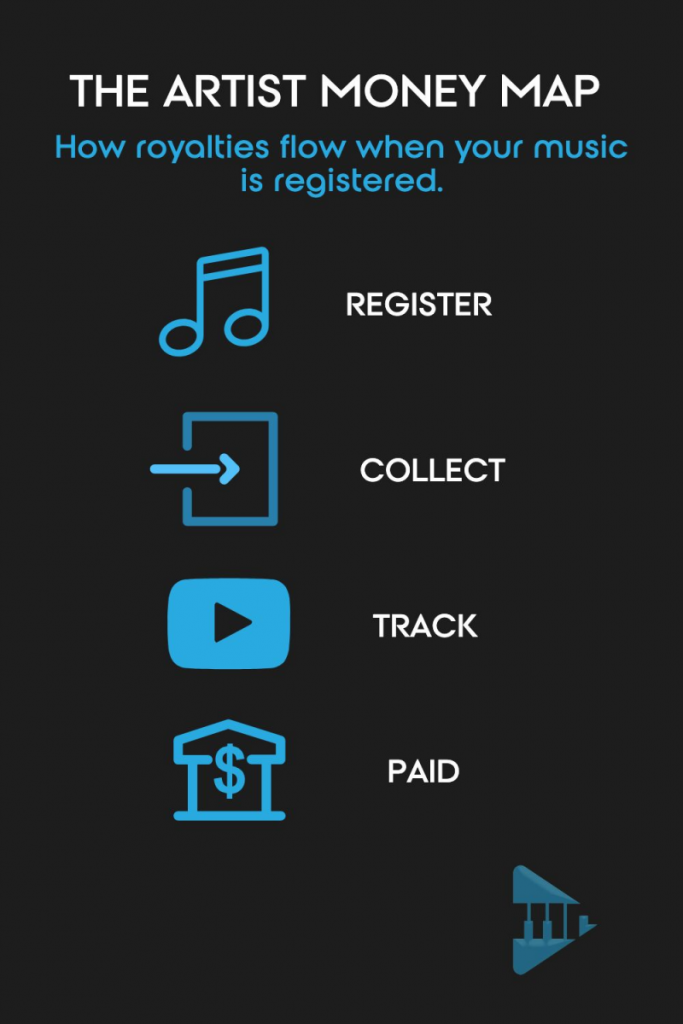
These issues are not abstract. Bobby has seen both sides of the coin.
The thrill of placements that pay, and the heartbreak of opportunities that slipped away.
The Wake-Up Moment
Q: What was your first real breakthrough as an artist?
Bobby: “My first TV placement was on MTV’s Extreme Cribs. It wasn’t overnight success, but it proved my music could travel and actually earn. That was a turning point where I realised royalties could become real income.”
Q: And what about the opposite – a time when an artist missed out?
Bobby: “I’ve seen artists get BBC Radio 2 play, which should have paid out royalties. But because they hadn’t registered their songs with PRS, they got nothing. The opportunity was real, the money was there, but it slipped away.”
“The opportunity was real, the money was there, but it slipped away.”
The Reality of Royalties
Q: How do artists usually react when they finally see royalties coming in?
Bobby: “When artists finally see royalty checks, it’s eye-opening. It is money, and it keeps coming quarter after quarter, year after year. It proves the system can work, but only if you are registered.”
“Royalties aren’t hype. They’re real money, quarter after quarter, year after year.”– Pull Quote wordpress
For a bigger-picture look at turning rights into income, read our guide on selling your music to companies through sync.
Behind the lessons and insights, Bobby’s own path was far from easy.
The Sacrifices Behind the Music
Bobby’s journey was far from glamorous. He taught music lessons, ran choirs, marked exam papers, and launched business ideas that did not work out before he found success.
These sacrifices never pulled him away from music. They kept him connected to it. Each side job was part of building a career that would eventually give him both stability and impact.
Advice for Independent Artists: Where to Start
Q: If you could give your younger self one piece of advice about rights and royalties, what would it be?
Bobby: “Sign up with every collection society you can, as quickly as possible. Don’t assume a label will do it for you. DIY artists today have the same tools majors do – the difference is whether you take control.”
What Success Means Now
Q: What does success mean to you now – not just as a creator but as the founder of Melody Rights?
Bobby: “Success for me looks like musicians using something I’ve built and created. I didn’t build Melody Rights for monetary gain. I built it to help musicians register their royalties correctly. If I can help tens of thousands – even millions of artists get their songs registered and earning, that’s success to me.”
The Future of Independent Artists
Q: If Melody Rights achieves what you dream, how will life look different for independent artists 10 years from now?
Bobby: “If Melody Rights can register millions of tracks properly for millions of artists, I hope the money will flow faster and in greater amounts to musicians. That means more indie artists making a real living from music. Uploading to Spotify alone only pays if you hit millions of streams. But with proper registrations, there are many more revenue streams to unlock.”
How to Make Money as an Independent Artist- What can you do today?
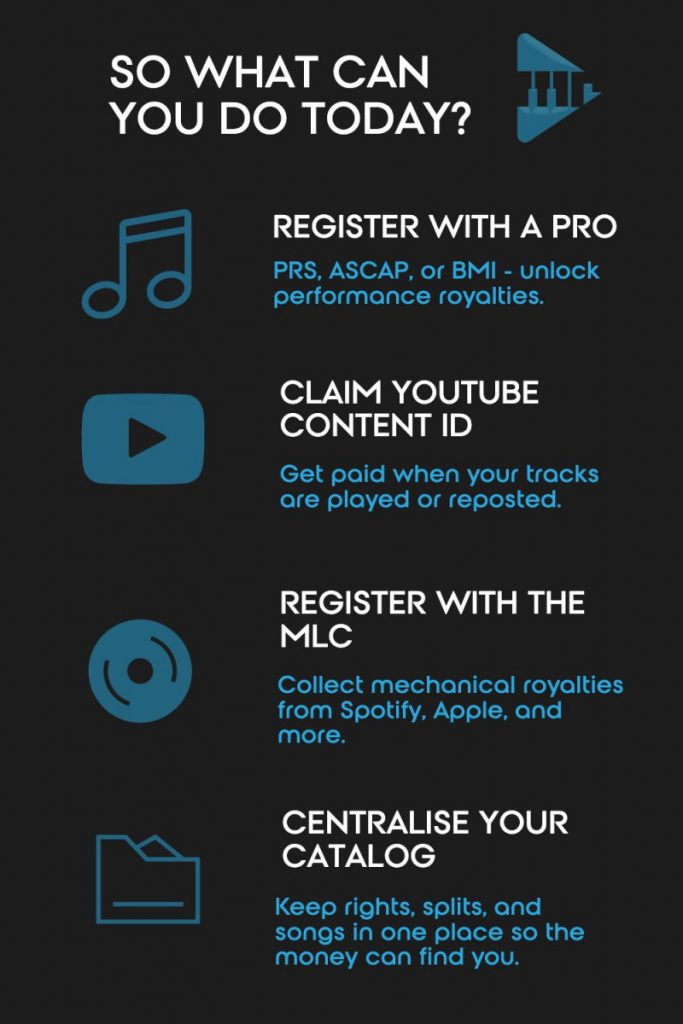
Bobby’s story is a reminder that money is already out there for independent artists. The difference is whether you take the steps to claim it.
Closing Thoughts
Bobby: “I didn’t create Melody Rights for profit. I created it so independent artists could actually get paid. If I can help even tens of thousands of musicians stop leaving money on the table, that’s success to me.”
The message is clear: low streams are not the real problem. Missing registrations are.
Bobby’s journey shows that with the right steps, independent artists can stop leaving money behind and finally earn from the music they already created.
FAQs About Music Royalties for Independent Artists
-
Do I need a record label to collect royalties?
No. Labels may handle admin for signed artists, but independent musicians can register directly with PROs like PRS, ASCAP, or BMI, as well as the MLC and YouTube Content ID. You don’t need a label to get paid.
-
What royalties am I missing if I only upload to Spotify?
If you only distribute to Spotify, you’ll earn streaming payouts but miss mechanical royalties (handled by the MLC), performance royalties (handled by PROs), and sync royalties (see our guide on selling music to companies through sync). Registering properly ensures you collect them all.
-
How much money is being left unclaimed by artists?
Industry groups like CISAC report billions in unclaimed royalties each year. Most of it is because songs aren’t properly registered. Even independent artists with modest plays can lose income if they skip this step. For a clear breakdown, see our guide to master vs. publishing royalties.
-
What other ways can independent artists make money besides royalties?
Independent artists can also earn from gigs and live shows, merch sales, and fan subscriptions. These streams work best alongside royalties, giving you both short-term income and long-term recurring revenue.
-
What is the first step to make money as an independent artist?
The first step is to register your songs with a PRO (PRS, ASCAP, BMI). This unlocks performance royalties and ensures you are set up to collect income whenever your music is played in public, on radio, or streamed online.
How to Make Money as an Independent Artist: Bobby Cole’s Full Interview
Want the full interview?
This article pulls together the key takeaways from my chat with Bobby Cole. If you’d like to read the conversation in full, every question and answer, you can open the complete transcript below.
Read the Full Interview Transcript
Early Career and First Breaks
Q: How did you first get started in music and what kept you chasing it when things were tough?
Bobby: I started playing drums when I was younger and I was fascinated by music. I played in bands and tried piano, guitar, bass.
It was the only thing I was really good at, so it was the only choice. What kept me going was fear. I didn’t want to end up in a call centre or a bar job. That fear kept me pushing to make music work.
Q: Was there a moment when you felt it was real?
Bobby: When I started generating royalties through PRS. At first it was small, my first royalty check was about £22. But it proved the system works. Over time the checks grew and I realised I could make a living from this.
Q: What was your first placement that made you pick up the phone?
Bobby: My first TV placement was on MTV’s Extreme Cribs. That was a big moment and I told everyone.
Why the Industry Feels Broken
Q: Can you describe a day when the music industry felt broken for indie artists?
Bobby: Honestly, since day one. The industry is fragmented and full of jargon. If you are a DIY artist, you have to do so much yourself.
The societies often hide behind technical language, which makes it confusing. That is why Melody Rights exists, to cut through the noise and give artists the support that labels usually reserve for signed acts.
The Gap That Sparked Melody Rights
Q: What made you decide to start Melody Rights?
Bobby: We built Melody Rights out of necessity. I needed a central dashboard where I could upload music and send it to multiple places. That system didn’t exist, so we built it in-house. At first it was just for us, then we realised every indie artist needed the same thing.
Q: Why focus on royalties and rights instead of distribution?
Bobby: There are plenty of services that get your music onto Spotify. DistroKid, CD Baby, TuneCore – they do it brilliantly. We do not touch DSP distribution because that is not the gap.
The gap is royalties and rights. Melody Rights is the add-on that handles what distributors do not cover.
The Mistakes Artists Make
Q: What are the hidden gaps artists often miss?
Bobby: So many artists upload to Spotify or YouTube and think they are covered. But if you are not registered with the MLC, you get nothing from Spotify streams. If you do not set up YouTube Content ID, you could have thousands of listeners and never see a penny.
Q: What is the biggest step indie artists miss on their journey?
Bobby: They do not register with collection societies. They think nothing is out there for them, or that a label will handle it. But you can do it yourself. If you don’t, you are leaving money on the table.
Q: Have you seen artists miss out because of this?
Bobby: Yes. I saw one artist get BBC Radio 2 play, which should have paid out royalties. They signed up with PRS, but never registered their songs. The opportunity was real, the money was there, but it slipped away.
What Royalties Mean in Real Life
Q: How do artists usually react when royalties finally come through?
Bobby: At first it is just exciting because it is money. Then they realise it is recurring. Quarter after quarter, year after year. That is when they start to believe the system actually works.
Q: Do artists realise how much unclaimed money is out there?
Bobby: No, most assume royalties only matter if they have a big hit. But royalties come from all kinds of uses, not just chart songs. If you do not register, you are walking away from money that is already on the table.
The Sacrifices Along the Way
Q: What have you had to sacrifice to stay in music?
Bobby: Time, money, and failed business ideas. For every one success, I had nine failures that cost me a lot. Along the way I taught lessons, ran choirs, marked exam papers, and did other side work. They were not glamorous, but they kept me in music and taught me a lot.
Advice for Indie Artists
Q: If you could give your younger self one piece of advice about rights and royalties, what would it be?
Bobby: Sign up with every collection society you can, as quickly as possible. Do not wait for a label. DIY artists today have the same tools majors do. The difference is whether you take control.
Success and the Future
Q: What does success mean to you now, as the founder of Melody Rights?
Bobby: Success for me looks like musicians using something I’ve built and created. I didn’t build Melody Rights for monetary gain. I built it to help musicians register their royalties correctly. If I can help tens of thousands – even millions of artists get their songs registered and earning, that’s success to me.
Q: How will life look different for indie artists if Melody Rights achieves what you dream?
Bobby: If we can register millions of tracks correctly, the money will flow faster and in larger amounts. That means more indie artists making a real living from music. Uploading to Spotify alone only pays if you hit millions of streams. With proper registrations, there are many more revenue streams to unlock.

